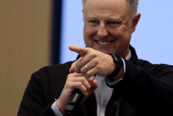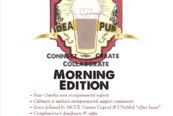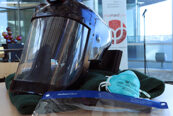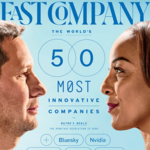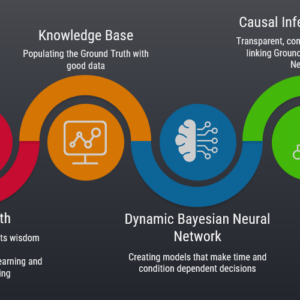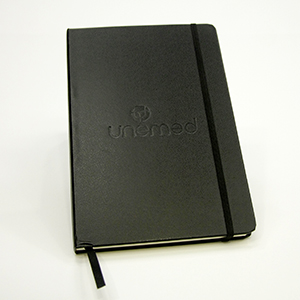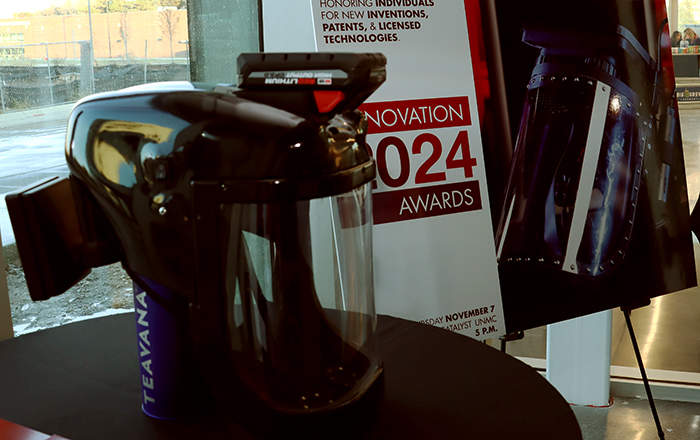
The Beam Helmet was named the 2024 Most Promising New Invention during UNeMed’s Innovation Awards ceremony at UNMC Catalyst on Nov. 7, 2024.
by Amanda Hawley, PhD, UNeMed | November 21, 2024
Witnessing the inventive nature of nurses is akin to watching MacGyver resolve medical obstacles. Although MacGuyver was a mulleted 1980s TV character who could engineer a bomb with a paperclip and soda can, nurses similarly devise effective, albeit improvised, solutions.
When there is a job to be done, or if resources are lacking, nurses don their gloves and invent. For innovative nurses at UNMC, that means leveraging personal experiences that create solutions to ongoing problems, addressing unmet needs, or finding better ways for people to communicate more efficiently.
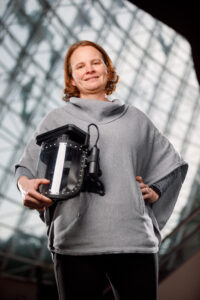
Dr. Beam with her award-winning PAPR helmet.
Elizabeth Beam, PhD, a nursing professor at UNMC, created her own solution to a massive problem exposed by the COVID-19 pandemic. As the nation struggled to properly equip healthcare workers with the personal protective gear they desperately needed, Dr. Beam developed an ergonomic, safe, and efficient helmet that filters out airborne pathogens for healthcare workers.
As healthcare workers everywhere were improvising solutions to overcome mask and other PPE shortages at the time, Dr. Beam knew her idea could help more people, if she was willing to try.
“I know I am not alone,” she said. “Everybody knows it’s a problem, but it’s having that motivation. Let’s see if we can fix it. It needs to be done.”
It was worth the effort. The innovation first won the inaugural Back-o-the-Napkin contest in 2022, and a more advanced design was named the 2024 Most Promising New Invention at UNeMed’s 2024 Innovation Awards.
“We work hard and we realize that there are things that could be more efficient,” she said, “but I don’t know that there is enough awareness about that: The fact that a problem you keep running into…you could actually fix it.”
Marcia Shade, PhD, saw a problem with how her grandmother’s care was mismanaged, and then came face-to-face with the similar issues after a serious injury.
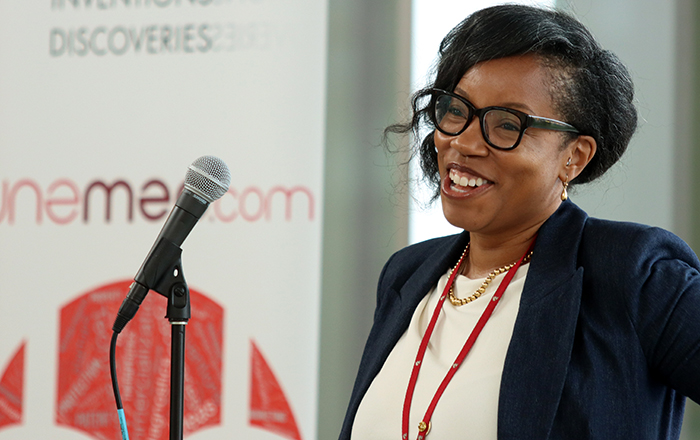
Marcia Shade, PhD, assistant professor in UNMC’s College of Nursing, addresses the gathering at Idea Pub: Morning Edition on May 30, 2024. Dr. Shade is also the founder of a startup company, Voice-It, Inc.
Dr. Shade, an assistant nursing professor at UNMC, is developing a conversational, AI-driven app, “Voice-It,” which enables patients to receive, and provide, real-time assessment. It also monitors holistic pain and symptoms in a non-clinical setting. She built a startup company around the idea and received the 2023 Start-up Challenge and Accelerator award from the National Institute of Aging.
“I don’t want people to suffer, I don’t want families to go through this,” she said. “And if there is one little thing, one little notch or impact I can make on that, it’s worth it.”
Dr. Shade’s own experience with pain further aided in the design of the app. She suffered a major knee injury while training for a half marathon.
“It was the worst pain I’ve ever experienced in my life,” she said.
Recovery required two surgeries that included a complete knee re-construction with cadaver ligaments.
“This personal experience also helped me to think about the patient, what you would want to discuss and what you would want to let your healthcare provider know,” Dr. Shade said. She implemented other features to help track medications for optimized, around-the-clock pain management and control.
“There have been several times I have had to navigate things on my own,” she said, “which I believe is quite expected when you are doing new or novel things.”
Another assistant nursing professor, Breanna Hetland, PhD, was also inspired from personal experience.
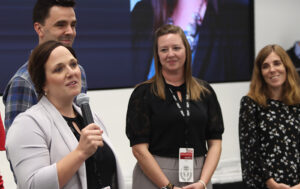
Breanna Hetland, PhD, RN, accepts UNeMed’s first-ever Faculty Entrepreneur award for her startup, Family Room, as her team looks on during the 2024 Inovation Awards ceremony at UNMC Catalyst on Nov. 7.
Dr. Hetland, who was an intensive care nurse, began her hunt for solutions after her own struggles as a family member of an ICU patient, her father. She created the Family Room app as a way to integrate family into the health care team and empower families throughout the caregiving process. The purpose of the platform is to improve patient outcomes, reduce the cost of care, and holistic healing.
“This isn’t just a business problem for me: It’s personal,” she said. “I’m haunted by both my clinical experiences and family encounters with a healthcare system that systematically excludes the very people who know patients best. It’s become my non-negotiable mission to fix this disconnect.”
She added, “This is the challenge that drives me forward every day.”
Dr. Hetland was also recognized during UNeMed’s 2024 Innovation Week Awards earlier this month. She received the Faculty Entrepreneur award for her tireless efforts in moving The Family Room closer to a finished product that can help others.
“If you thrive on instant gratification, proceed with caution,” she said. “This path requires patience and perseverance. But if you’re driven by purpose, energized by constant evolution, and find joy in building solutions to real-world problems, entrepreneurship offers an incredible journey.”
In your pursuits, “You’ll meet brilliant minds, develop resilience you never knew you had, and learn to see obstacles as opportunities for innovation,” she says.
Innovation doesn’t thrive in a vacuum, nor can an entrepreneur grow a company alone. Success and longevity depend on stoking the flames of collaboration, creativity, and connection.
President and CEO of UNeMed, Michael Dixon, PhD, said: “We know the entrepreneurial path is challenging, and the growth and development of startup companies requires support and access to critical resources. At UNeMed and UNeTech, we are committed to providing that foundation—offering guidance, connections, and tools to help all innovators overcome hurdles and bring their visions to life.”
He added: “We have outstanding innovators and entrepreneurs here at UNMC and UNO, and among them are remarkable women who are leading major entrepreneurial efforts. Recognizing and supporting our female innovators is not just about equity; it’s about fostering the transformative ideas that will shape our future and make the world a better place.”

